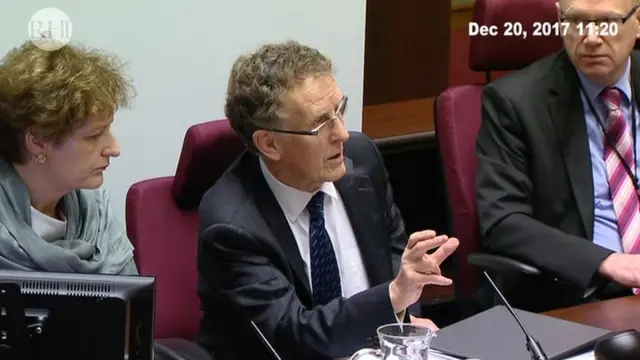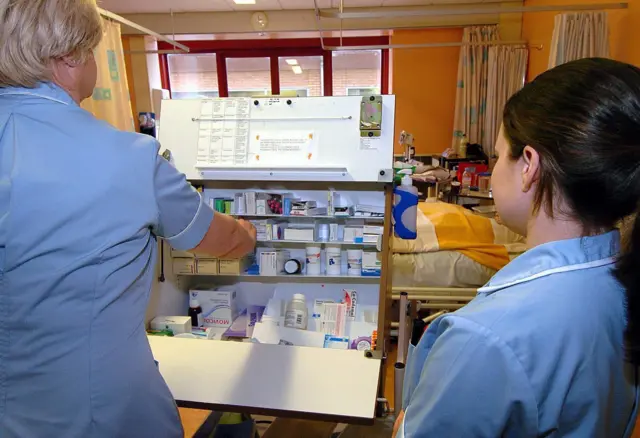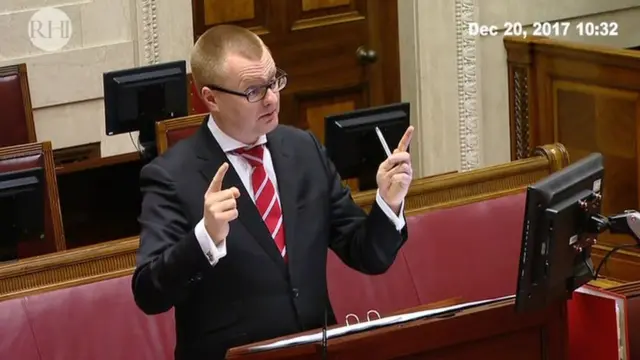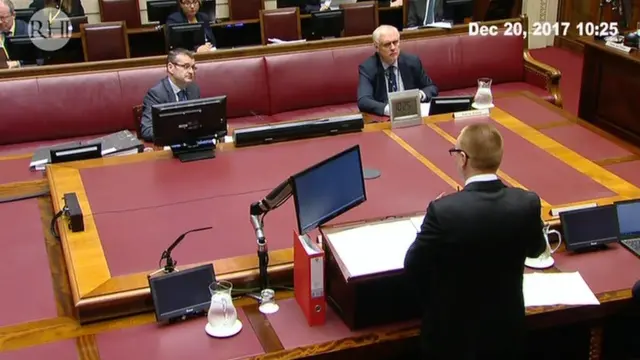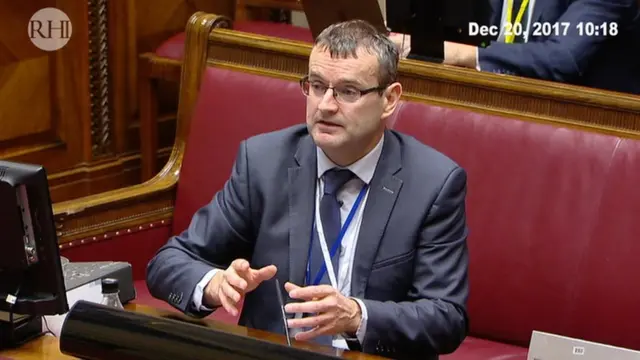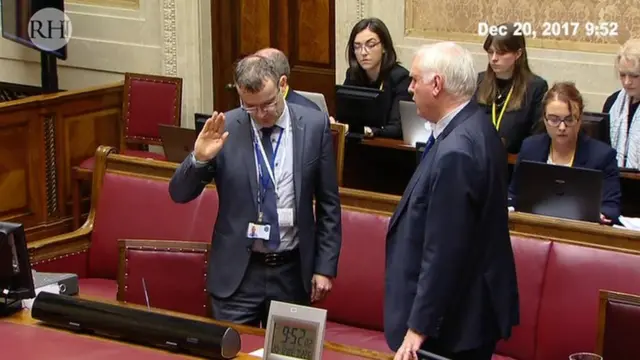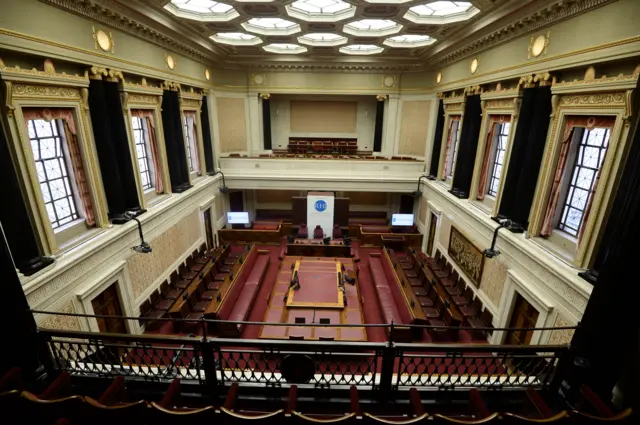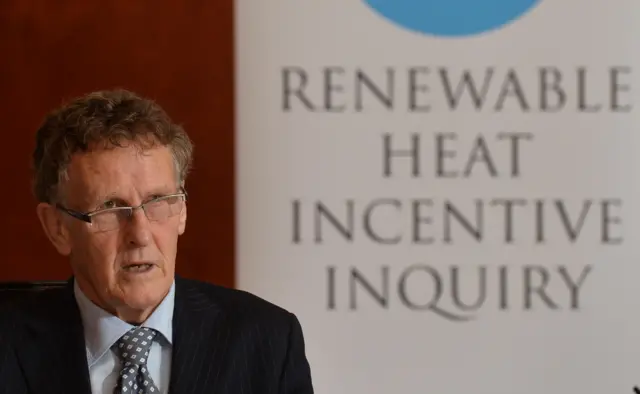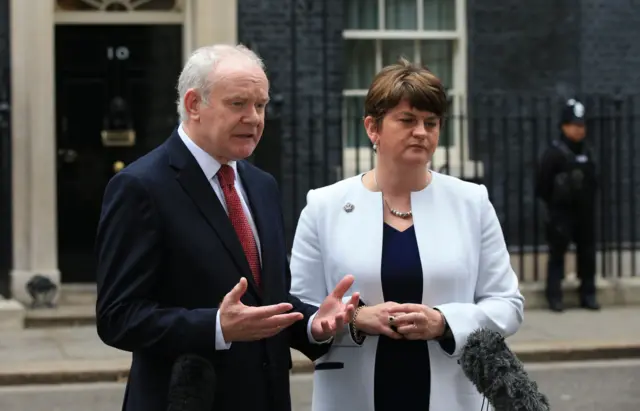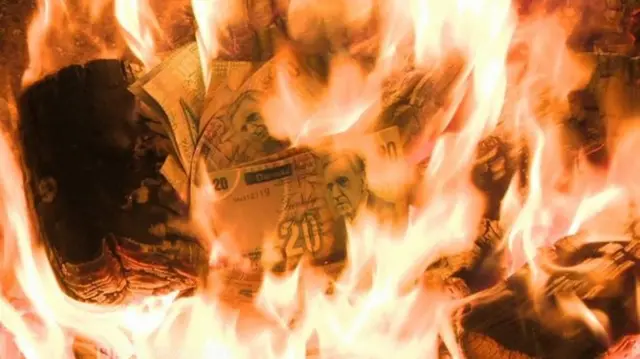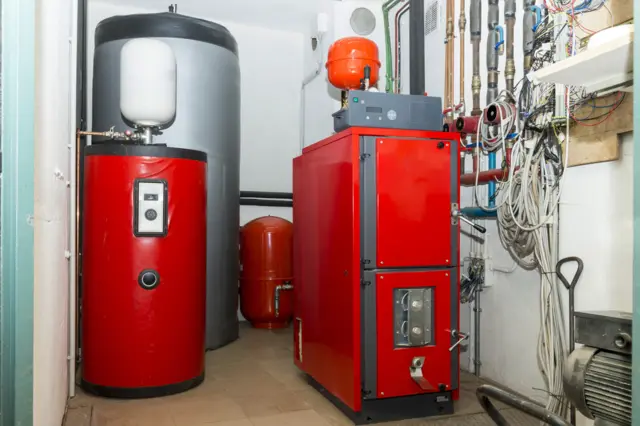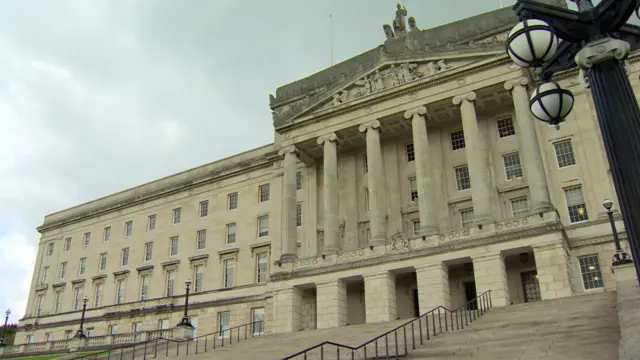'Papers didn't address rationale for favouring subsidy option'published at 12:51 GMT 20 December 2017
Mr Murphy has presented the inquiry with the full papers he received as a casework committee member regarding the RHI scheme - they are available in two parts on the inquiry's website here, external and here, external
But Mr Aiken notes that some important documents relating to the scheme were not in the package that Mr Murphy received.
Mr Murphy says the papers presented to the casework committee were viewed as the business case being made by DETI.
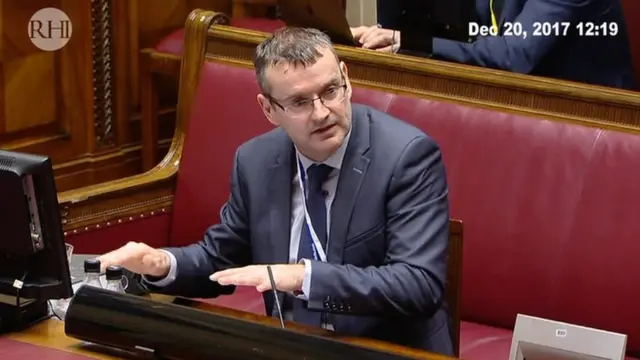 Image source, RHI Inquiry
Image source, RHI InquiryHe says one of the committee members' key observations was that the papers didn't address "the logic and rationale" as to why DETI favoured the ongoing subsidy option as opposed to the up-front grants fund.
"The papers were pretty much silent on that," he says, and that provided a big line of questioning.
The committee insisted that subsequent material that had to go to the finance department, for example, had to be clear on that rationale.


